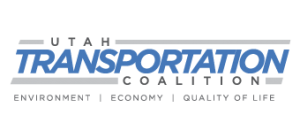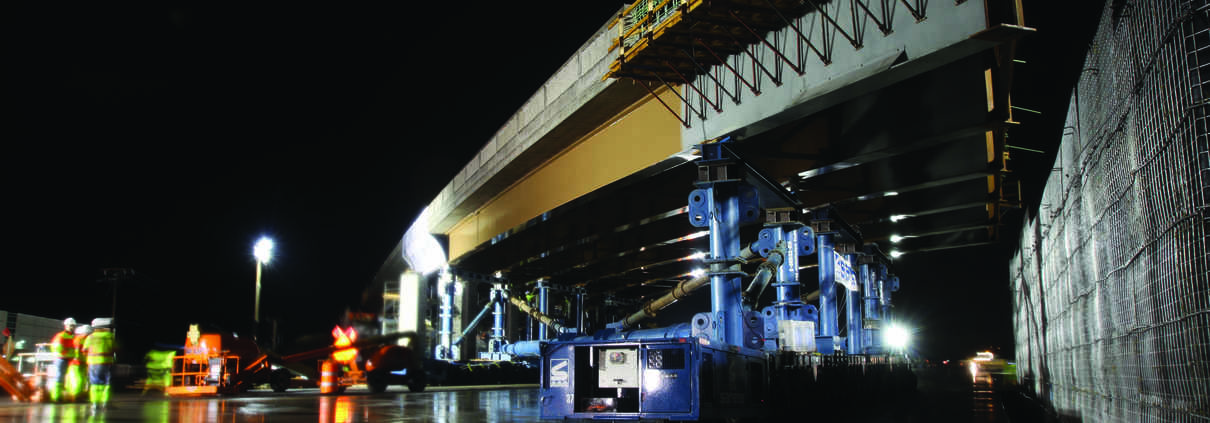Mountain Accord – Phase One
The Central Wasatch mountains are beloved by those of us who live along both sides of its ridge line. Utah is one of the fastest growing states in the union in no small part because of the quality of life these mountains provide. The future promises more traffic congestion on canyon roads and continued reliance on private automobiles is unsustainable.
In 2015, the Utah Transportation Coalition helped with a monumental achievement of collaboration through the signing of the Mountain Accord, a historic agreement 30 years in the making. The Accord was signed by Governor Gary Herbert and Salt Lake Chamber President and CEO Lane Beattie on behalf of the Salt Lake Chamber and Utah Transportation Coalition in the shadows of the Cottonwood Canyons.
This unprecedented collaboration of diverse groups seeks to create a collaborative solution for the future of the Central Wasatch. This on-going work has led us to the Mountain Accord Blueprint, a proposal that examined each area in detail and proposed suggestions and possibilities for the future use of this important area.
Mountain Accord will enter Phase 2, which includes significant research into each recommendation, continued public feedback and the completion of an Environmental Impact Statement (EIS) as part of the required NEPA, National Environmental Policy Act, process.
The Utah Transportation Coalition has been a key stakeholder in advancing the Mountain Accord effort to explore transportation options in the Central Wasatch Mountains that increase accessibility, are a net-positive for the environment, encourage transit, enhance Utah’s global brand and pass a rigorous environmental and local public process.
The Local Option
During the 2015 election cycle voters in 10 counties (Carbon, Davis, Duchesne, Grand, Rich, San Juan, Sanpete, Sevier, Tooele and Weber) chose to invest in their local transportation by passing the local option sales tax. In total the transportation sales tax has generated $27,476,582 statewide for counties, cities and transit entities.
Maintaining Momentum
While these accomplishments are critical, we continue to advance all our objectives and provide a needed voice on transportation issues across the state. We must maintain this momentum with continued investment in our state’s multimodal transportation network, as identified in Utah’s Unified Transportation Plan, and other key strategic investments to address capacity expansion, maintenance and operations of our state’s significant transportation assets.
The future of Utah’s transportation system is not a sprint, but instead a marathon. We will continue to focus on our priority of achieving an efficient, well-rounded transportation system. We will continue to advocate for sustainable transportation alongside the hundreds of businesses, city councils, mayors, chambers of commerce and other partners throughout Utah who share our vision. We encourage you to join the Coalition and support our mission to make smart and sustainable transportation choices and to secure adequate, stable and long term funding to support economic growth and a high quality of life for all Utahns.

